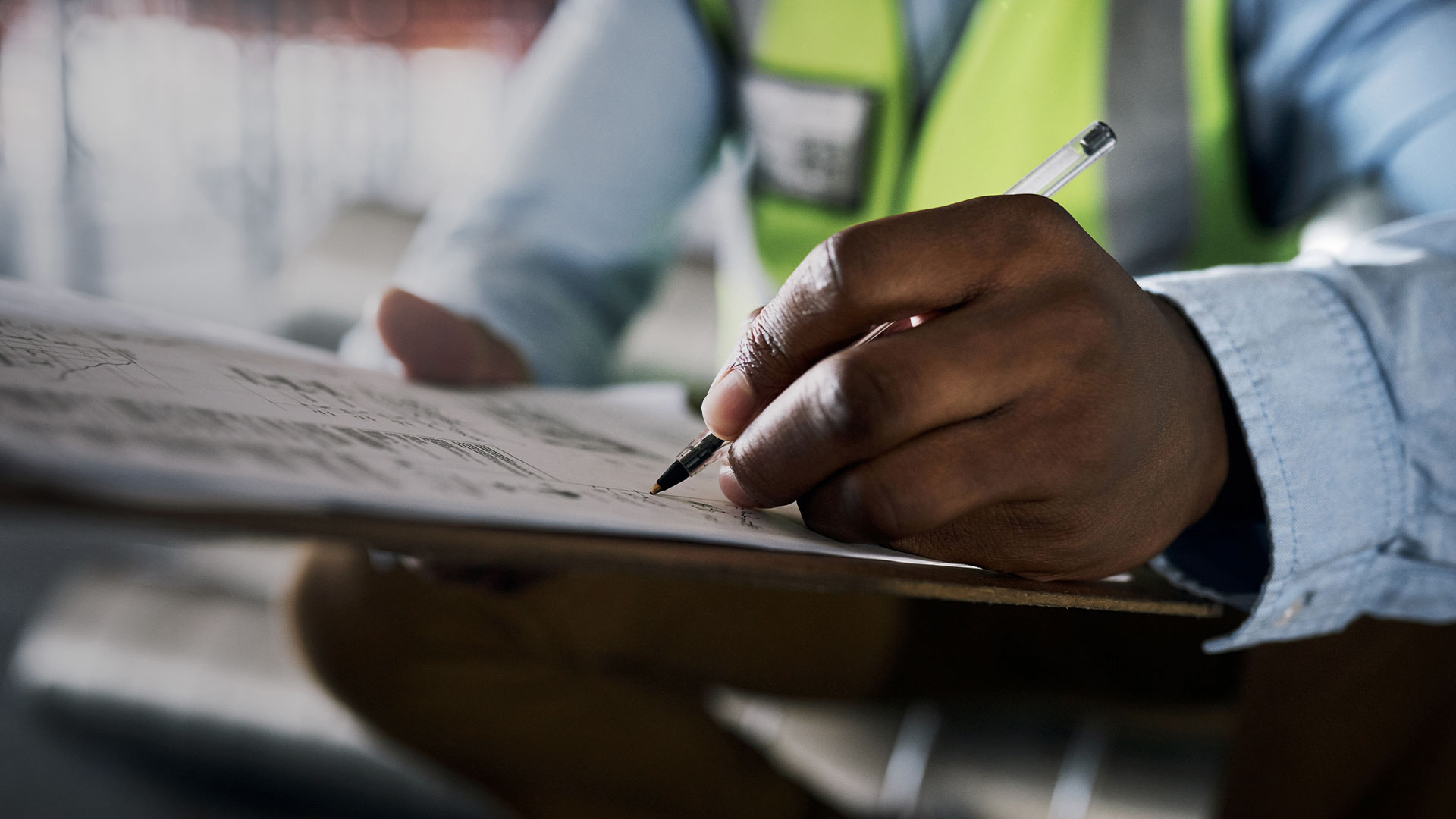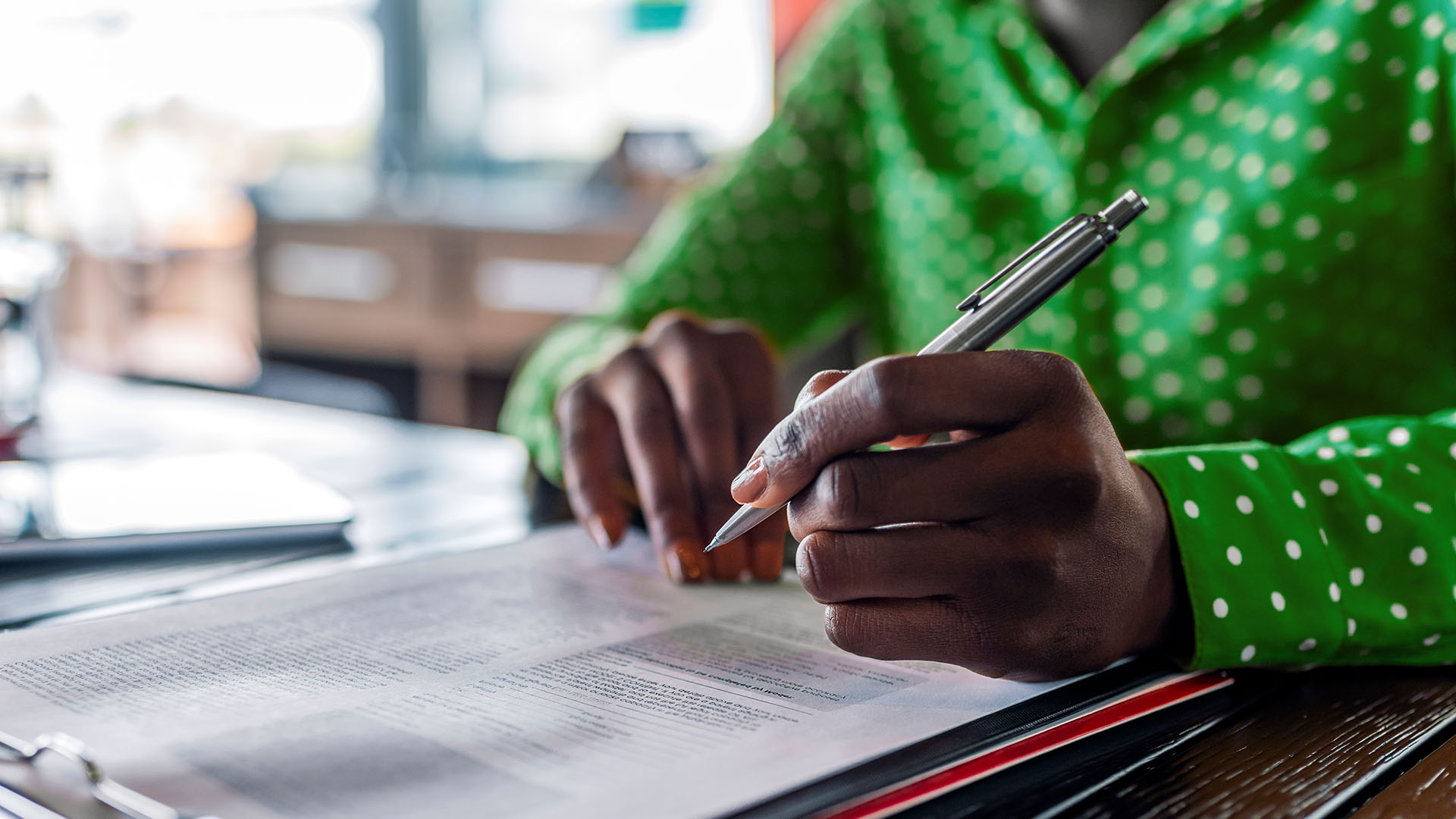All homeowner's cover policies are subject to terms and conditions. Also, certain things will not be covered, which are called exclusions. It’s important to understand these exclusions, so that you know when and for what you can claim.
The difference between ‘terms and conditions’ and ‘exclusions’
Terms and conditions refer to the requirements that you must meet to be able to claim. For example, one of the conditions is a duty of care, which means that you must take any reasonable precautions and care to minimise any loss, damage, injury or liability on your property. If you don’t maintain your home properly and it leads to loss or damage, your claim will not be paid out.
Exclusions refer to events that are not covered under your policy.
It’s important to read your policy carefully, as it includes all the details about the terms and conditions and exclusions that apply. If there is anything that you’re uncertain about, ask your insurer to explain it to you.
The most common conditions and exclusions
1. Pre-existing damage
This refers to all losses and damage that occurred before your policy started. When you buy a house, you must make sure that the property is sound – in other words, that the structure, fixtures and water, electricity and sewerage connections are up to the standards required by your policy. If you notice any defects, you will need to report them to your insurer, as they may affect the risks covered in your policy. You will have to repair these defects at your own expense, before your homeowner’s insurance can cover further insured events.
2. Wear and tear
This refers to loss and damage to property, fixtures, fittings and fixed machinery caused by normal use over time (depreciation) and gradual deterioration caused by things like rising damp, atmospheric conditions or moisture.
3. Defective workmanship, design or construction
This refers to any work undertaken that does not meet or conform to set specifications or expected industry practice and norms.
4. Maintenance
You must take all reasonable steps to maintain your property – for example, waterproofing and sealing your roof to prevent the inflow of rainwater. This also applies to any property you are letting to tenants. As the landlord, you are responsible for the property maintenance. Claims for damage caused by poor maintenance may be rejected, and you will be liable to pay for repairs.
Insurance is a great way to ensure peace of mind … but it’s important to know what you’re covered for
5. Unoccupied, vacant or abandoned properties
You must let your insurer know if your property will be unoccupied for 30 days in a row or more, so that the terms and conditions of your policy can be adjusted. If you don’t let your insurer know and claim for loss or damage during this time, your claim may be rejected, or a lesser amount may be paid out.
Tips for home buyers
When you’re looking at properties to buy, it’s important to check for defects before you make an offer. Since you know you’ll have to pay to repair them to comply with your homeowner's insurance, they could affect the size of the offer you’re prepared to make. Look out for the following common defects:
- Cracks in the walls and flooring.
- Gaps in roof material.
- Water stains and mould.
- Rust in the structure – which could indicate that it hasn’t been maintained and has been weakened by prevailing weather conditions. The structure could, therefore, be vulnerable to future weather events.
When you buy an existing property, make sure you get the original plans and engineers’ approval from the seller. They will help you to know and understand any changes or improvements made to the property.
8 simple tips to maintain your home
- Check and unblock all gutters and downpipes, and make sure the water flows away from your property.
- Check all windows and walls for cracks, and repair where necessary.
- Check your water bill every month. If it seems abnormally high, it could mean there is a burst pipe or a leak somewhere.
- Backwash your pool filter at least twice a month and check for water leaks.
- Check walls for flaking or bubbling paint – this may be a sign of dampness in the wall, caused by standing water or a rise in the water table.
- Make sure that there are no leaking waste pipes or taps, as these may affect the structural soundness of your house.
- Make sure that all pipes leading to baths, basins and toilets are properly sealed and watertight.
- Check all exposed pipes for signs of rust or wear and tear and repair them at the first sign of any problems.
Insurance is a great way to ensure peace of mind, knowing that if something goes wrong, you will be covered. But it’s important to know what you’re covered for. If you would like to find out more about what our homeowner's cover offers, call us on 0860 333 111 or email insurance@nedbank.co.za.








